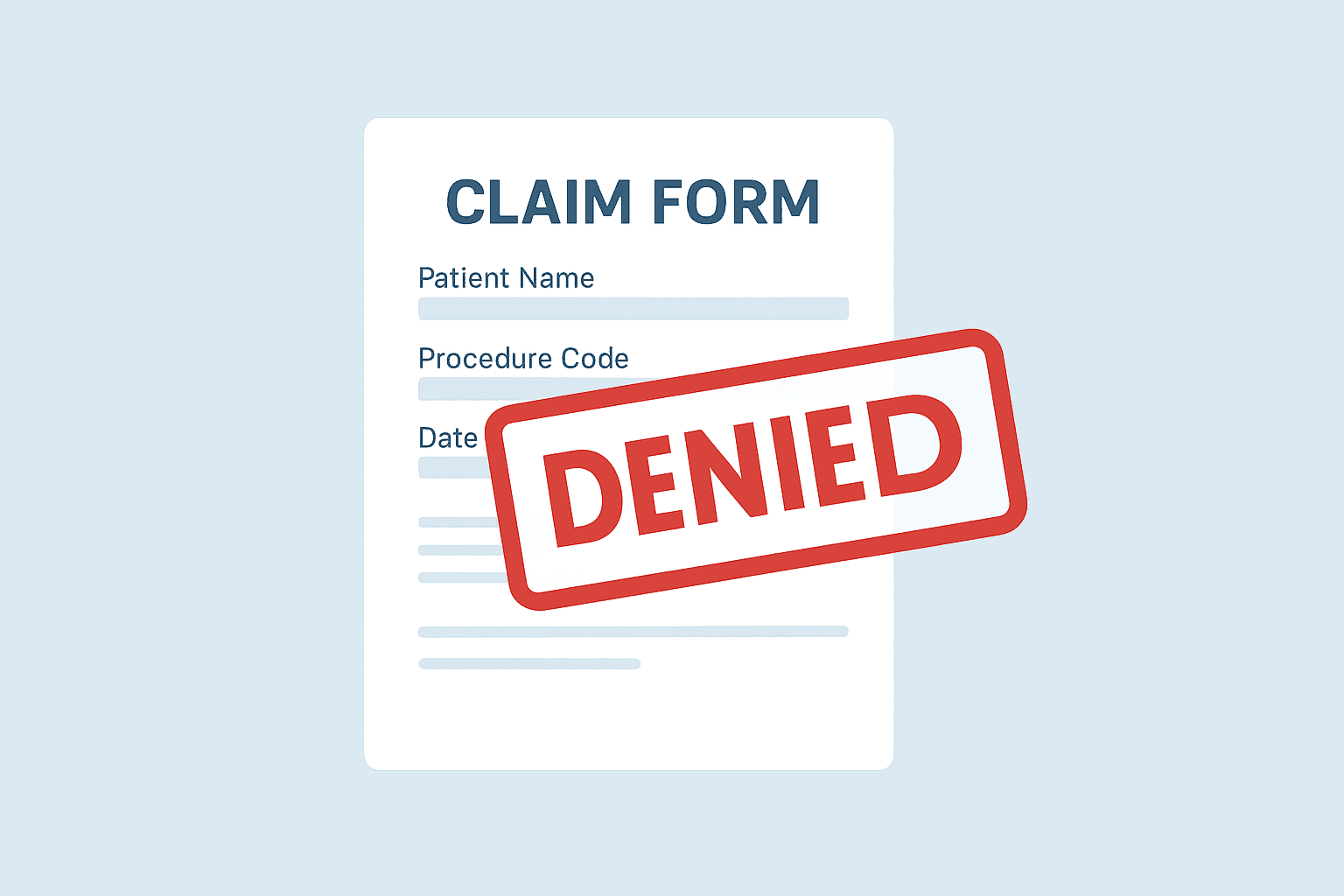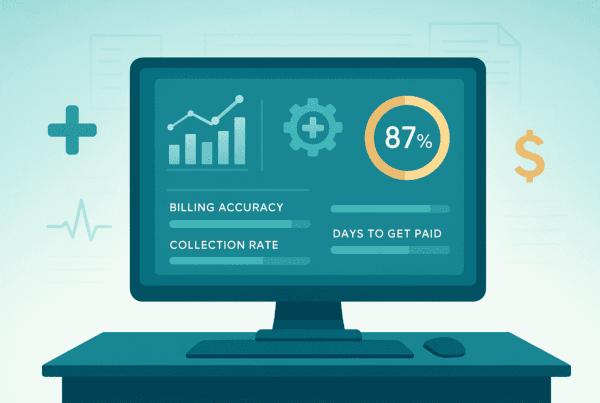The Houston cardiology market is experiencing unprecedented change. Consolidation is accelerating, and private equity interest is at an all-time high. For practice owners, this presents a unique window of opportunity. Selling your practice is no longer just an exit, it’s a strategic move that requires a clear, forward-thinking strategy to maximize value and protect your legacy. This guide provides the insights you need to navigate this dynamic landscape.
Curious about what your practice might be worth in today’s market?
Market Overview: A Time of Unprecedented Change
The Houston market reflects a national trend: cardiology is a focal point for investment and consolidation. The employment model for cardiologists has completely flipped. In 2008, nearly all cardiologists were in private practice. Now, the vast majority are employed by hospitals or large groups. This shift is driven by a few key factors you need to understand.
- Accelerated Consolidation. Private equity firms, in particular, have discovered the value in cardiology. In 2023, transaction volume reached a record high, with nearly half of all private cardiology practices becoming PE-owned. This is up from virtually zero just a few years ago.
- High Demand. Texas has a an aging population, which fuels a steady demand for cardiovascular services. This makes established Houston practices very attractive to buyers seeking to enter or expand in a key market.
- The Outpatient Shift. More procedures are moving to outpatient settings like office-based labs (OBLs) and ambulatory surgical centers (ASCs). Practices that have already invested in these capabilities are positioned very strongly.
Key Considerations for Houston Practice Owners
Selling is about more than just numbers. It’s a decision that impacts your patients, your staff, and your personal future. As you consider a sale, we find owners in Houston are most focused on a few core issues.
Reducing the Burden
Many practice owners tell us they are tired of the administrative grind. Rising operational costs and navigating reimbursement changes take time away from patient care. A strategic sale can shift these business management responsibilities to a partner, allowing you to focus again on being a physician.
Preserving Clinical Autonomy
The fear of losing control is a major concern. It’s a valid one. However, control is not an all-or-nothing concept. The right deal structure can preserve your clinical decision-making while giving you the benefits of a larger partner. We specialize in finding partnership models that keep physicians in charge of patient care.
Finding the Right Partner
Not all buyers are created equal. A hospital system offers one path, while a private equity group offers another. The best partner for you depends entirely on your goals. Do you want to cash out completely, or do you want to stay involved and take a “second bite of the apple” in a future transaction? Defining your ideal outcome is the first step.
Navigating Market Activity in Houston
The Houston cardiology market is not just active; it’s diverse. We are seeing a wide range of transactions, from smaller practices merging into larger physician groups to major buyouts by investment-backed platforms. For example, one established practice with $1.4 million in revenue was recently listed for $1 million, while another with nearly $2 million in revenue sold for $600,000. This shows that revenue alone doesn’t determine value. In another case, a practice in Montgomery County with over $2.1 million in revenue and strong earnings was listed at $1.2 million. These are not just numbers. They are stories of physicians transitioning their life’s work. The final price depends heavily on profitability, growth potential, and how the practice is presented to the market. A successful merger, like that of Southeast Houston Cardiology with CLS Health, can also lead to significantly reduced overhead and a stronger platform for growth.
Timing your practice sale correctly can be the difference between average and premium valuations.
Understanding the Typical Sale Process
If you haven’t sold a practice before, the process can seem intimidating. Many physicians tell us that they plan to sell in a few years, but they don’t realize that preparation should start now. Buyers pay for proven performance, not future potential. A well-run process demystifies the journey and protects your interests. While every deal is unique, the path generally follows four key stages.
- Preparation and Valuation. This is the foundational stage. We help you clean up your financials, identify easy ways to improve profitability, and determine a realistic market value based on data, not guesswork.
- Confidential Marketing. We don’t just “list” your practice. We develop a compelling narrative and confidentially approach a proprietary database of qualified buyers, creating a competitive environment to drive up value.
- Negotiation and Due Diligence. Once offers are received, we help you negotiate the best terms. The buyer will then conduct due diligence, a thorough review of your practice. Proper preparation prevents surprises here.
- Closing and Transition. The final stage involves legal documentation and planning for a smooth handover to ensure continuity of care for your patients and stability for your staff.
How Your Cardiology Practice is Valued
Many owners mistakenly believe their practice’s value is simply a percentage of revenue. Sophisticated buyers, however, look at a metric called Adjusted EBITDA (Earnings Before Interest, Taxes, Depreciation, and Amortization). Think of it as your true operational cash flow, after normalizing for things like your personal salary and one-time expenses. This Adjusted EBITDA is then multiplied by a number (a “multiple”) to determine the total value. The multiple isn’t fixed. It changes based on the quality and risk of your practice. Most practices are undervalued until their EBITDA is properly calculated and their growth story is told.
| Practice Characteristic | Impact on Valuation Multiple |
|---|---|
| Solo Physician-Reliant | Lower Multiple (Higher Risk) |
| Multi-Provider, Associate-Driven | Higher Multiple (Lower Risk) |
| Standard Diagnostics Only | Lower Multiple |
| In-House Ancillary Services (OBL/ASC) | Higher Multiple |
| Fragmented Patient Records | Lower Multiple |
| Strong Value-Based Care Data | Higher Multiple |
A comprehensive valuation is the foundation of a successful practice transition strategy.
Planning for Life After the Sale
The day the deal closes is not the end of the story. It is the beginning of a new chapter. Thinking about what you want that chapter to look like is a critical part of the planning process. Do you want to continue practicing medicine without the administrative headaches for a few more years? Are you interested in retaining equity in the new, larger company for a potential second windfall down the road? Or are you ready to transition out completely? These are not afterthoughts. They are key deal terms that must be negotiated from a position of strength. A well-structured sale includes a clear plan for your transition, protections for your dedicated staff, and a strategy to ensure your patients continue to receive the excellent care you have always provided.
Your legacy and staff deserve protection during the transition to new ownership.
Frequently Asked Questions
What is driving the increased consolidation in the Houston cardiology market?
The Houston cardiology market is experiencing accelerated consolidation primarily due to high private equity interest and the shift from private practice to employed models. Nearly half of all private cardiology practices in 2023 became PE-owned, driven by factors such as a high demand for cardiovascular services fueled by Texas’ aging population and a shift towards outpatient settings like office-based labs (OBLs) and ambulatory surgical centers (ASCs).
How is the value of a Houston cardiology practice determined?
The value is typically based on Adjusted EBITDA (Earnings Before Interest, Taxes, Depreciation, and Amortization), which reflects the true operational cash flow after normalizing for personal salaries and one-time expenses. This EBITDA is multiplied by a ‘multiple’ that varies depending on practice characteristics like provider structure, presence of ancillary services, patient record management, and value-based care data. Revenue alone is not the sole determinant of value.
What are some key considerations for a cardiology practice owner in Houston when selling?
Key considerations include reducing the administrative burden, preserving clinical autonomy through the right deal structure, and finding the right partner that aligns with the owner’s goals‚Äîwhether that’s fully cashing out or staying involved for future opportunities. Owners also need to think about protecting their legacy, staff, and patient care during the transition.
What does the typical sale process for a cardiology practice in Houston involve?
The sale process generally has four stages: 1) Preparation and valuation to clean up financials and assess realistic value, 2) Confidential marketing to approach qualified buyers, 3) Negotiation and due diligence to finalize best terms and undergo buyer reviews, and 4) Closing and transition with legal documentation and planning for smooth handover to maintain care quality and staff stability.
What should a cardiology practice owner in Houston plan for after selling their practice?
After the sale, owners should plan their next chapter, whether that involves continuing to practice without administrative duties, retaining equity in the new organization for potential future earnings, or fully transitioning out. Planning includes negotiating key deal terms to protect their legacy, staff, and patients, and ensuring a well-structured transition to new ownership.



